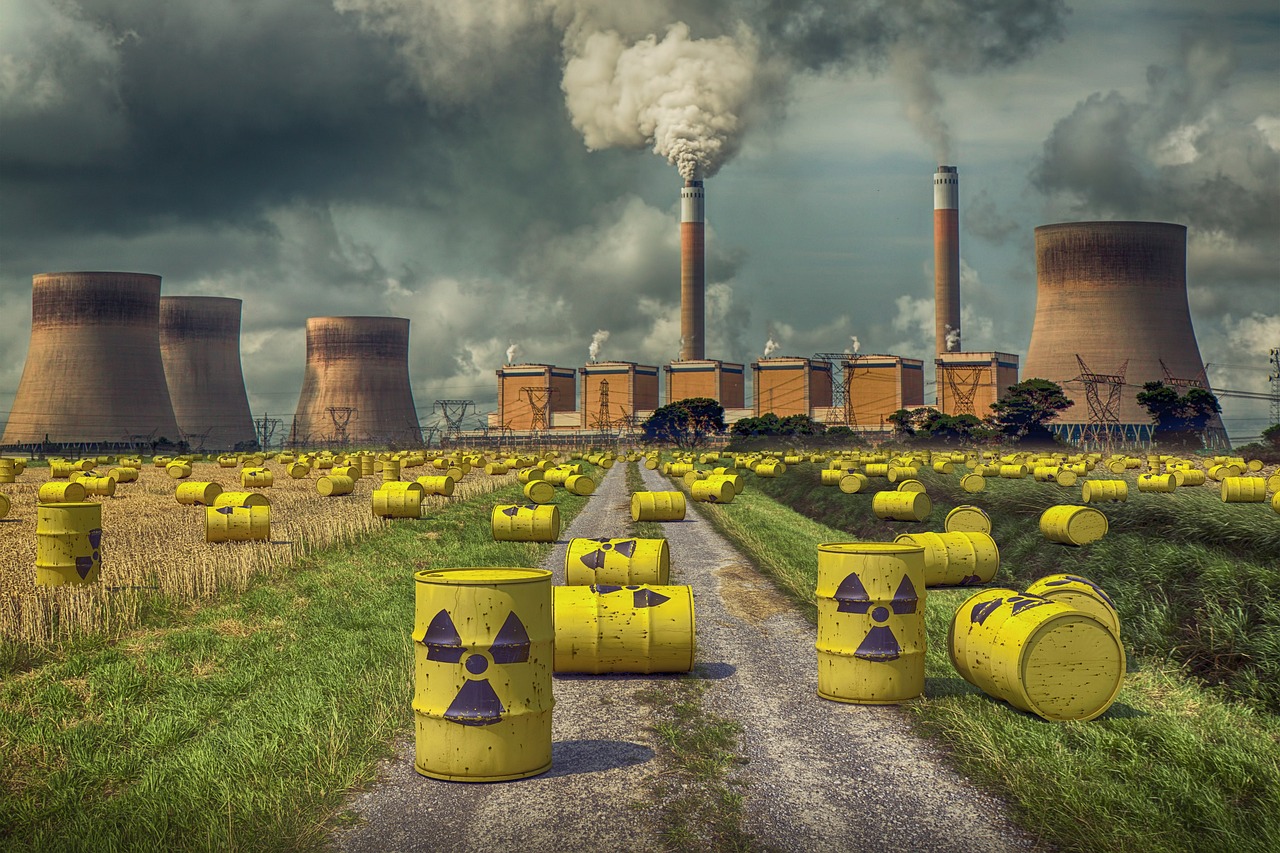
Nuclear power has long been a source of intense debate, balancing the promise of clean energy with the specter of accidents and waste. In the face of a pressing climate crisis, however, this complex technology is being reevaluated, raising the question: can nuclear power be part of the solution?
Harnessing the Atom: At its core, nuclear power works by manipulating the atom. In nuclear fission, the nucleus of an atom like uranium is split, releasing a tremendous amount of energy. This heat is used to generate steam, which drives turbines and produces electricity. Unlike fossil fuels, nuclear power does not emit greenhouse gases during operation, making it a seemingly attractive option for clean energy.
A Powerful Ally in Carbon Reduction: Proponents of nuclear power highlight its undeniable success in reducing carbon emissions. Currently, nuclear power provides roughly 10% of the world's electricity, with countries like France and Slovakia relying heavily on it for low-carbon energy. Studies suggest that expanding nuclear power could significantly decrease global carbon footprint, aiding in the fight against climate change.
However, the Shadow of Safety Looms Large: The primary concern associated with nuclear power is the risk of accidents and radioactive waste. The meltdowns at Chernobyl and Fukushima left indelible scars on public perception, raising fears of radiation exposure and environmental contamination. Additionally, the disposal of spent nuclear fuel remains a challenge, with no permanent solution currently in place.
Technological Advancements Offer Hope: Despite these concerns, advancements in nuclear technology are offering renewed hope. New reactor designs promise increased safety and efficiency, while research into closed fuel cycles aims to minimize waste generation. Fusion power, still in its infancy, holds the potential for abundant, clean energy without the risks inherent in fission.
The Ethical Dilemma: Beyond the technical challenges, nuclear power poses ethical questions. Concerns about proliferation and the risk of weapons development, particularly in times of political instability, cannot be ignored. The ethical responsibility of managing nuclear waste safely and transparently for generations to come also demands serious consideration.
Finding a Balanced Path Forward: The debate surrounding nuclear power is unlikely to be resolved definitively. However, recognizing both its potential and its risks is crucial in navigating this complex issue. Open dialogue, responsible implementation, and continuous technological improvement are essential for determining whether nuclear power can be a responsible participant in a clean energy future.
Ultimately, the decision of whether or not to embrace nuclear power requires a nuanced understanding of its benefits and drawbacks, a willingness to address concerns transparently, and a commitment to continuous improvement. Only then can we truly determine if this controversial technology can become a catalyst for a sustainable future.
This article is just a starting point for your exploration of nuclear power. I encourage you to delve deeper, research different perspectives, and form your own informed opinion on this critical issue.
Your email address will not be published. Required fields are marked *